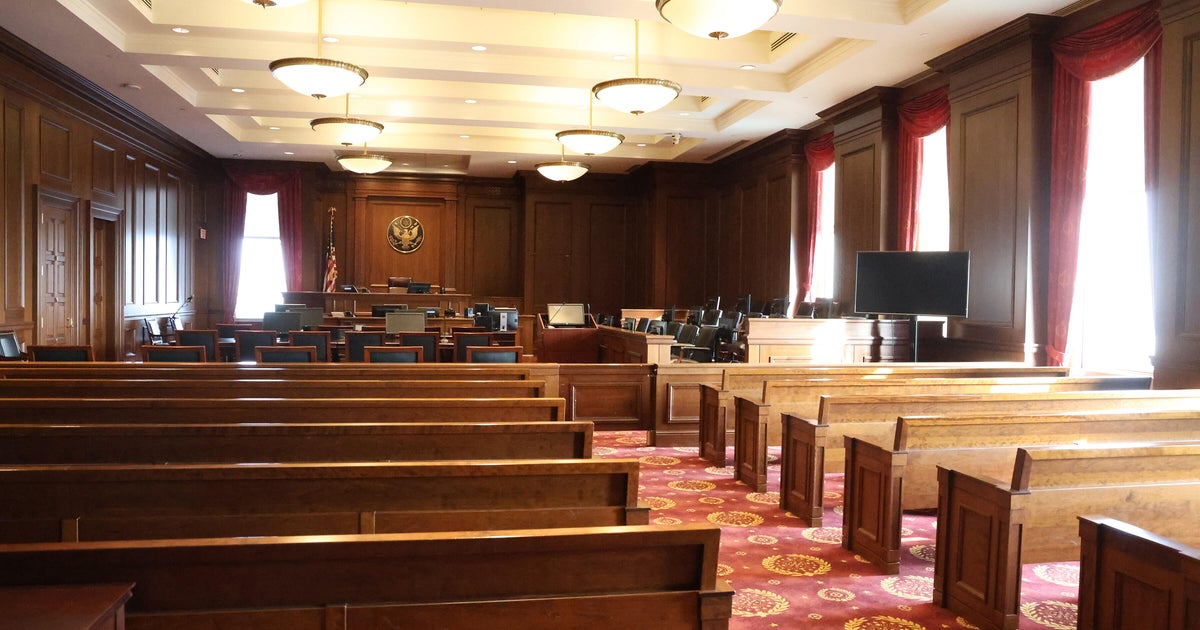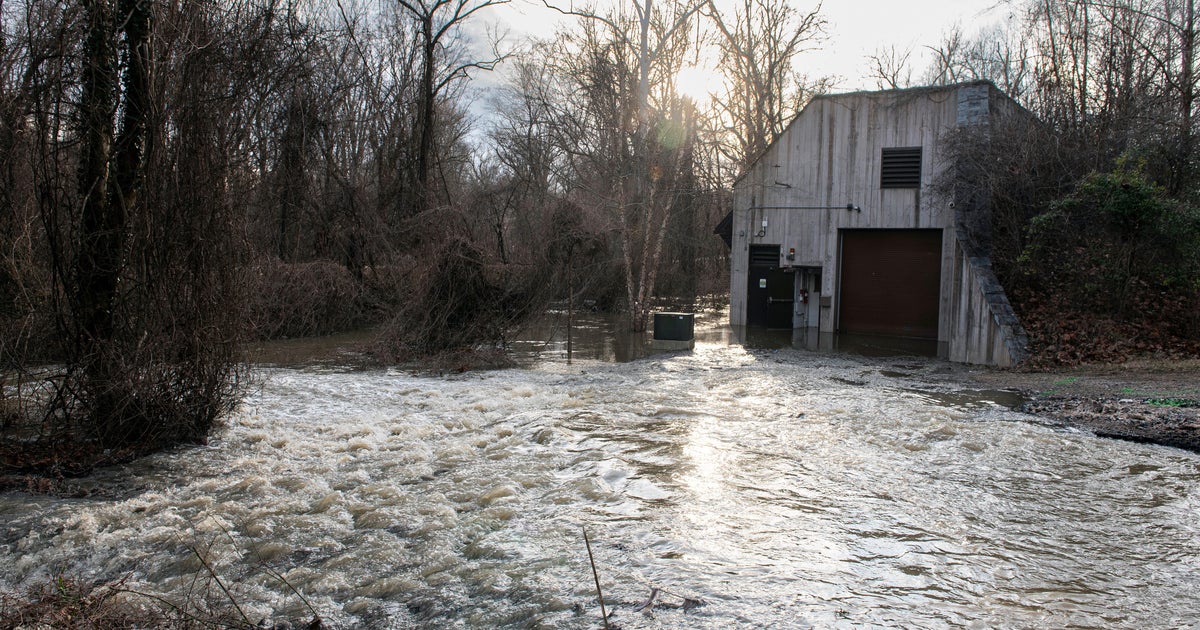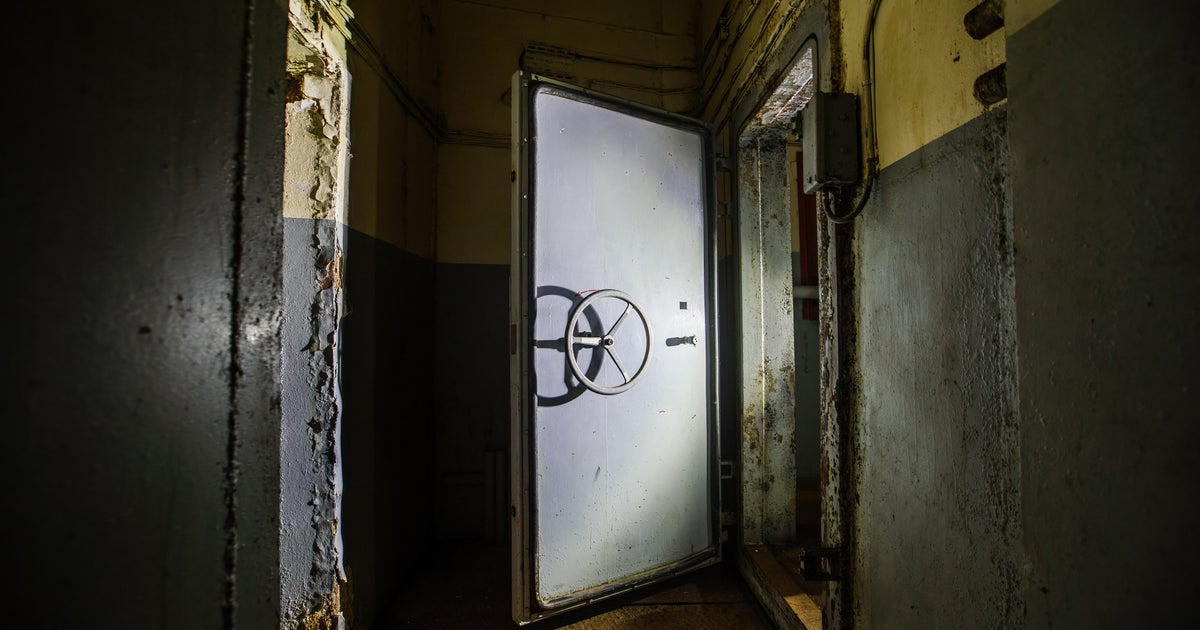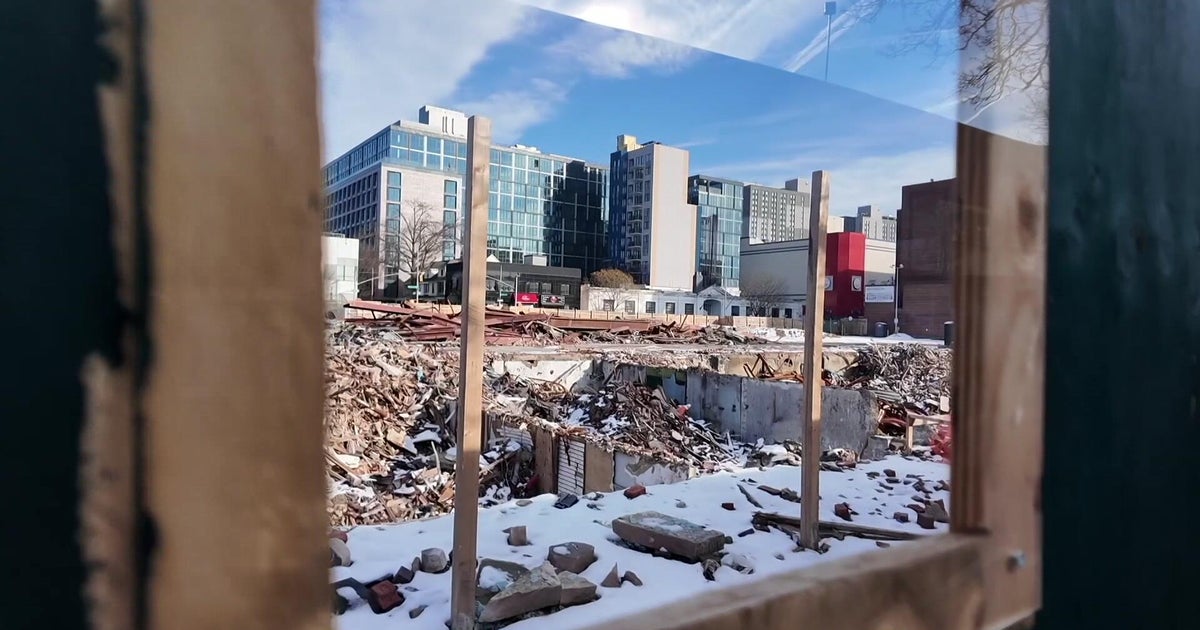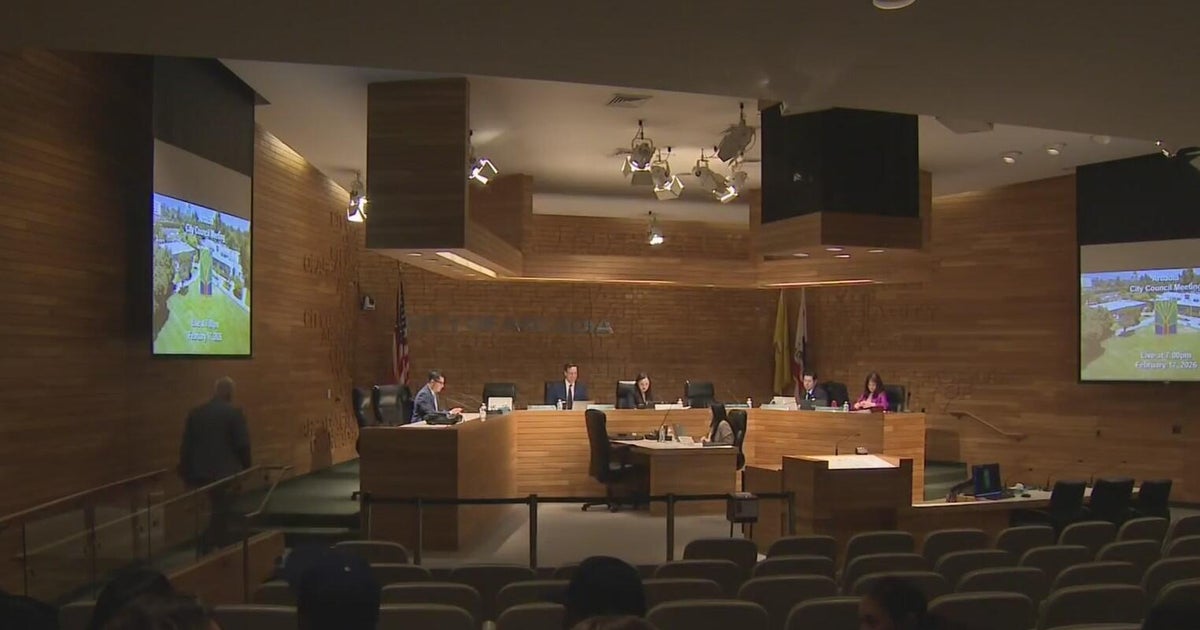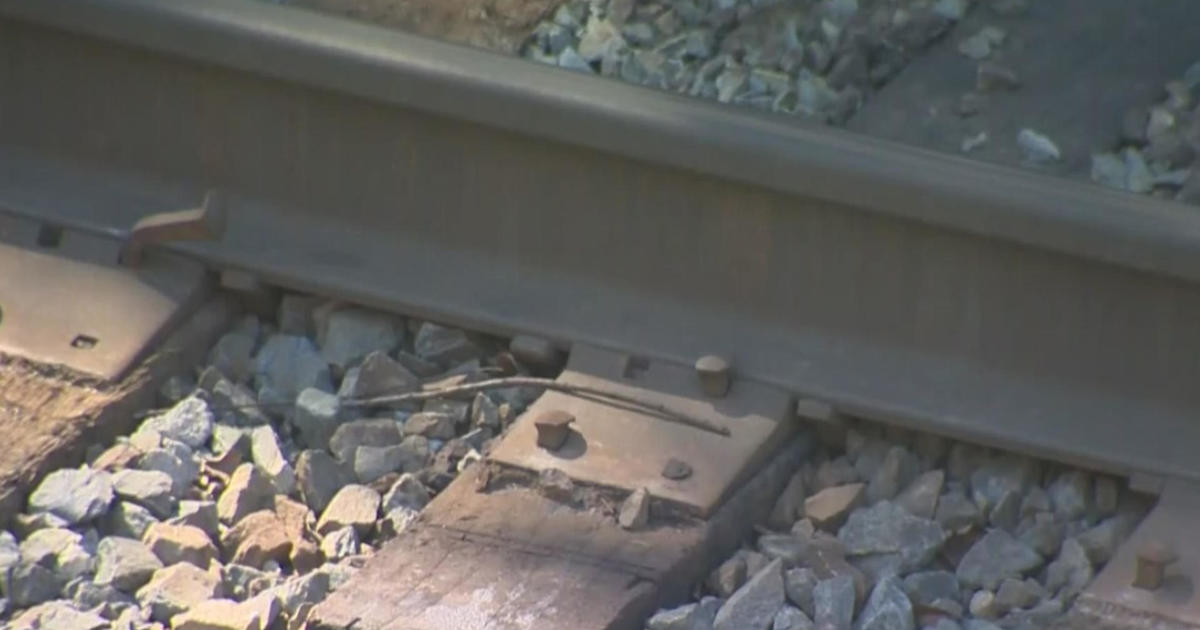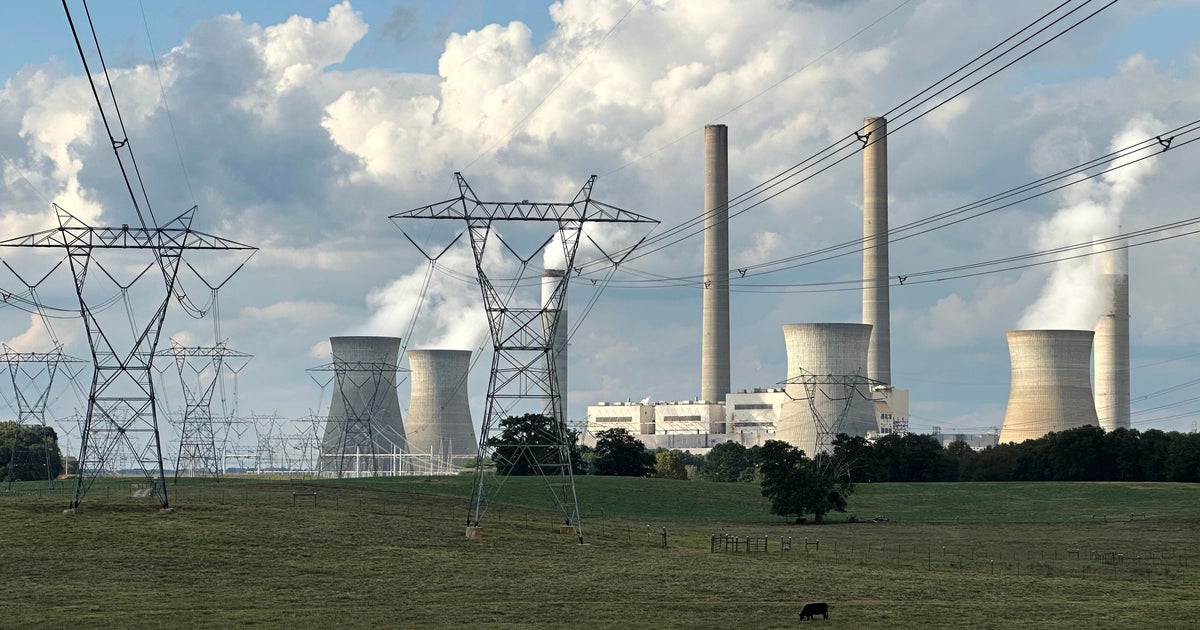Japan Disaster Causes Some To Worry About Nuclear Safety
THREE MILE ISLAND, Penn. (WJZ) -- Seeing the disaster in Japan has many people in Maryland worried about the safety of nuclear power plants here.
Mike Hellgren has more on the lessons learned from other disasters.
Operators are stressing aggressive safety campaigns and strict federal regulations.
Japan's nuclear crisis has eerie similarities to Three Mile Island, the site of the largest nuclear disaster in U.S. history: a partial meltdown. There wasn't enough water to cool the reactor core while hydrogen built and exploded, leading to the release of radiation.
"We make enough electricity for 800,000 homes right here. The whole culture of our industry is to continuously improve," said Ralph DeSantis, Three Mile Island spokesperson.
People living in the shadow of the plant can't shake the nightmares.
"Oh, yeah, I was scared. I thought maybe something like that would happen around here again," said Michael Hock, Middletown, Pa.
Three Mile Island, Peach Bottom and Calvert Cliffs are the closest nuclear plants to Baltimore. Representatives want to assure the public that they're safe.
"I think that the people around Calvert Cliffs and those communities are completely safe and I don't believe they should be concerned at all," said Brew Barron, CENG President & CEO.
Three Mile Island took action after the 1979 disaster. It can operate without external electricity for one month, thanks to diesel generators. The reactor shuts down after a power outage and the facility upgraded protective devices; a combination of mechanical failures and human error led to the partial meltdown 32 years ago.
"At the plant, we have numerous safety systems in place to protect the health and safety of the public and the workers from events such as earthquakes and floods," DeSantis said.
Operators at these plants closest to Maryland say they're watching Japan closely to see what lessons can be learned and to offer their expertise in what is a tense and anxiety-filled situation that's hitting close to home.
Another threat: terror attacks. After 9/11, the government passed a law requiring the distribution of potassium iodide tablets within 20 miles of any nuclear plant.
Federal regulators are in the process of testing the earthquake readiness of power plants across the U.S.
